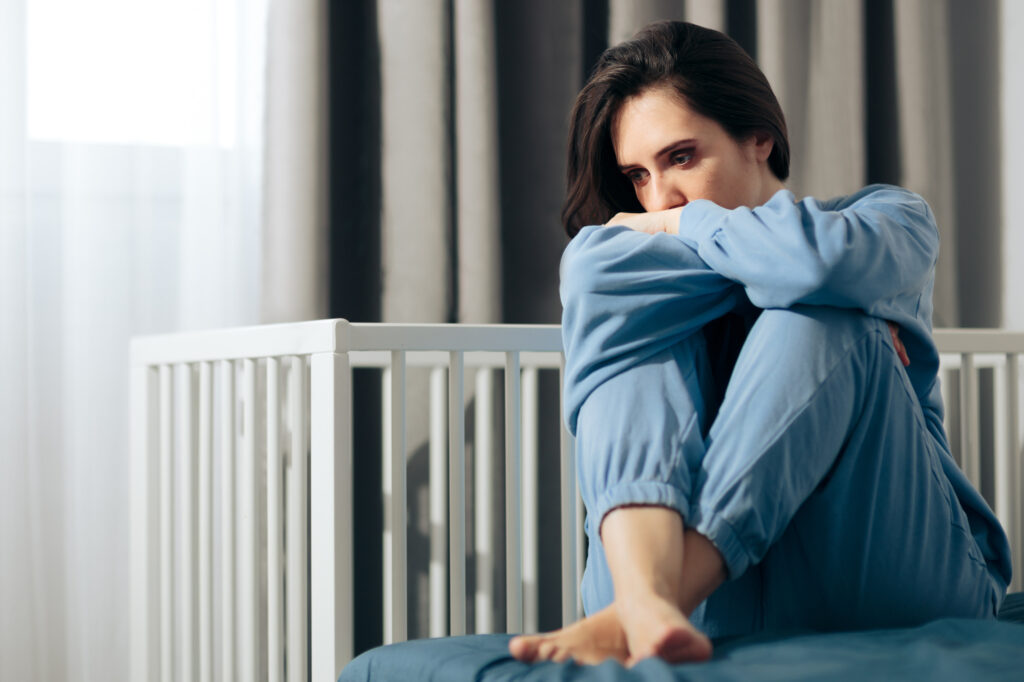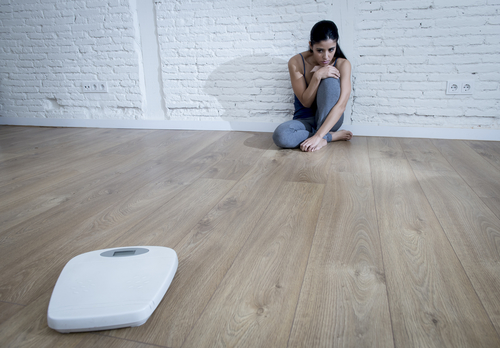Becoming a mother is often described in glowing, emotional language. You’re told it’s life-changing, beautiful, sacred. And it can be. But for many women, especially in those blurry months after giving birth, motherhood is also disorienting, overwhelming, and quietly crushing. You’re not just caring for a new life—you’re trying to remember who you are under the pile of responsibilities, hormones, sleep deprivation, and societal expectations. Now imagine adding unresolved trauma, addiction, or undiagnosed anxiety or depression into that mix. Here’s what happens when motherhood and mental health collide—and how we can do better for the women caught in the middle of it.
Next Steps
If you’re struggling with addiction, you don’t have to face it alone. At Casa Capri, we offer expert, women-centered care in a supportive and nurturing space—designed by women, for women. Our team is here to help you heal with purpose and connection.
Call our admissions team for a free, confidential chat—we’ll even check your insurance and estimate any costs upfront.
Single Moms in Recovery Carry a Different Kind of Weight
Motherhood is hard, full stop. But being a single mom in recovery brings its own layer of complexity, challenge, and courage. The stress of parenting without a partner is enormous—emotionally, logistically, and financially. Add to that the work of staying sober, managing anxiety, or navigating trauma responses, and it’s clear that these women aren’t just surviving motherhood—they’re climbing a mountain every day with a toddler on one hip and a storm in their head.
Recovery is often built around structure, rest, and support. Single moms rarely get enough of any of those. They’re the ones who still show up for drop-offs and work meetings while silently fighting cravings or panic attacks. And while they’re often held up as examples of resilience, they also need safe spaces to not be strong all the time. That’s where compassionate care comes in.
High-End Treatment is Exactly What a New Mom Needs to Heal
There’s a common assumption that luxury treatment is only for celebrities or people with bottomless bank accounts. But the truth is, luxury anxiety treatment centers offer something that many postpartum women with dual diagnoses desperately need: calm, comprehensive care in a setting that doesn’t feel clinical or chaotic. And for a new mom whose nervous system is already overloaded and whose body feels like a stranger, that kind of environment can make all the difference.
When a woman is struggling with postpartum depression and anxiety—or anxiety and past trauma, or substance use and panic attacks—she needs more than just a counselor and a prescription. She needs coordinated care that treats the whole picture. These centers often provide trauma-informed therapy, psychiatric support, holistic healing practices, and structured routines—all tailored to women dealing with co-occurring conditions. And for moms who are constantly taking care of everyone else, being in a place that finally takes care of them can be a turning point.

It's not Just “Hormonal”
It’s frustratingly common for postpartum women to have their symptoms brushed off as “baby blues” or hormones. And yes, hormonal shifts are real and powerful. But when a mom is crying every day, unable to sleep even when the baby’s asleep, feeling disconnected from her child, or having intrusive thoughts that scare her, it’s not just hormones—it’s a mental health crisis.
When anxiety, depression, or trauma responses are dismissed instead of addressed, women start to shut down. They pretend. They power through. They get quiet. But silence doesn’t heal anything—it hides it. Integrated care steps in with a better approach. Instead of separating emotional, physical, and behavioral symptoms into separate boxes, the right treatment team looks at the full story.

When Motherhood Triggers Past Trauma You Didn’t Know Was Still There
Becoming a parent can bring buried experiences back to the surface. The physical intensity of childbirth, the vulnerability of early motherhood, the constant need to care for another human—it can all stir up memories or feelings that have been long forgotten or ignored. For women with unresolved trauma, especially childhood trauma, this season of life can be unexpectedly destabilizing.
You might not even realize it at first. Maybe you flinch when your baby cries. Or you feel emotionally numb. Or you’re overwhelmed by fear and have no idea why. Trauma doesn’t always announce itself with clear, dramatic flashbacks. Sometimes it whispers, through body tension, emotional distance, or sudden anger. When anxiety is layered on top of that, it becomes even harder to untangle what’s going on.
This is where trauma-informed dual diagnosis care matters. It doesn’t just treat what’s happening right now—it looks at how your past is influencing your present. It creates space to process what’s coming up without shame, and without assuming you have to “get over it” to be a good mom. You don’t have to hide your trauma. You don’t have to pretend it didn’t happen. And you don’t have to heal it alone.
Next Steps
If you’re struggling with addiction, you don’t have to face it alone. At Casa Capri, we offer expert, women-centered care in a supportive and nurturing space—designed by women, for women. Our team is here to help you heal with purpose and connection.
Call our admissions team for a free, confidential chat—we’ll even check your insurance and estimate any costs upfront.



